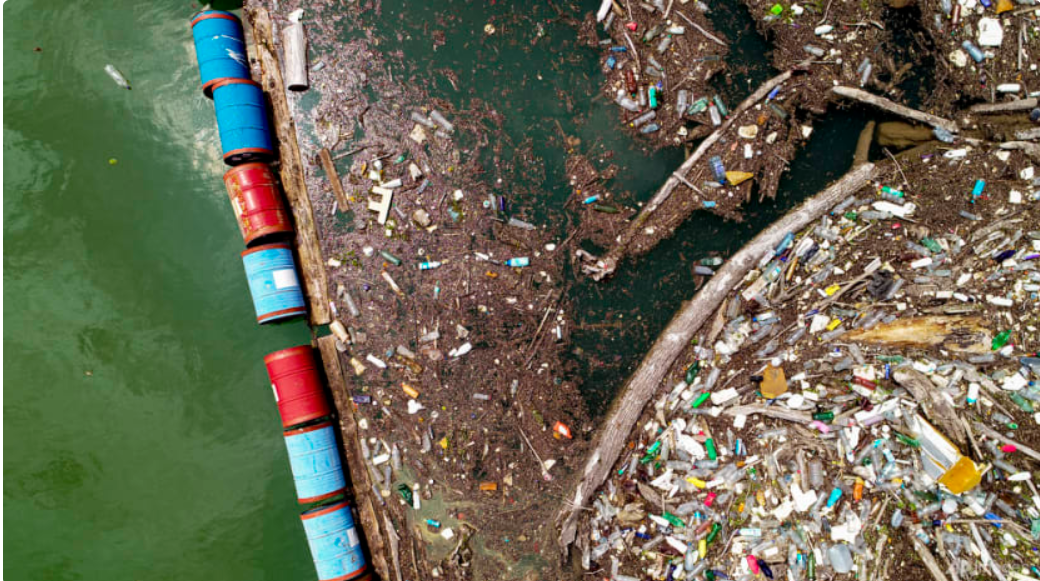World must act to stem surge of polluting trash, UN warns
The world generated 2.3 billion tonnes of municipal waste last year and the pile of trash is set to grow another two-thirds by 2050

The world generated 2.3 billion tonnes of municipal waste last year and the pile of trash is set to grow another two-thirds by 2050, the UN said on Wednesday (Feb 28), warning of devastating costs for health, economies and the environment.
Pollution is set to escalate, according to new research by the UN Environment Programme (UNEP), with projections suggesting the greatest growth in rubbish will be in regions that currently rely on open dumping and burning - practices that emit greenhouse gases, and leach toxic chemicals into soils, waterways and the air.
Without urgent action, the waste mountain is expected to grow to 3.8 billion tonnes by the middle of the century, according to the estimate, which exceeds previous forecasts.
It also suggests the economic burden will almost double when the "hidden costs" linked to poor waste disposal from pollution, poor health and climate change are taken into account, reaching some $640 billion a year by 2050, from around US$361 billion in 2020.
"Waste generation is intrinsically tied to GDP, and many fast-growing economies are struggling under the burden of rapid waste growth," said Inger Andersen, UNEP's executive director.
She said the report could help governments in their efforts to "create more sustainable societies and to secure a liveable planet for future generations".
The report by UNEP and the International Solid Waste Association (ISWA) was launched at the UN's Environment Assembly being held this week in Nairobi.







